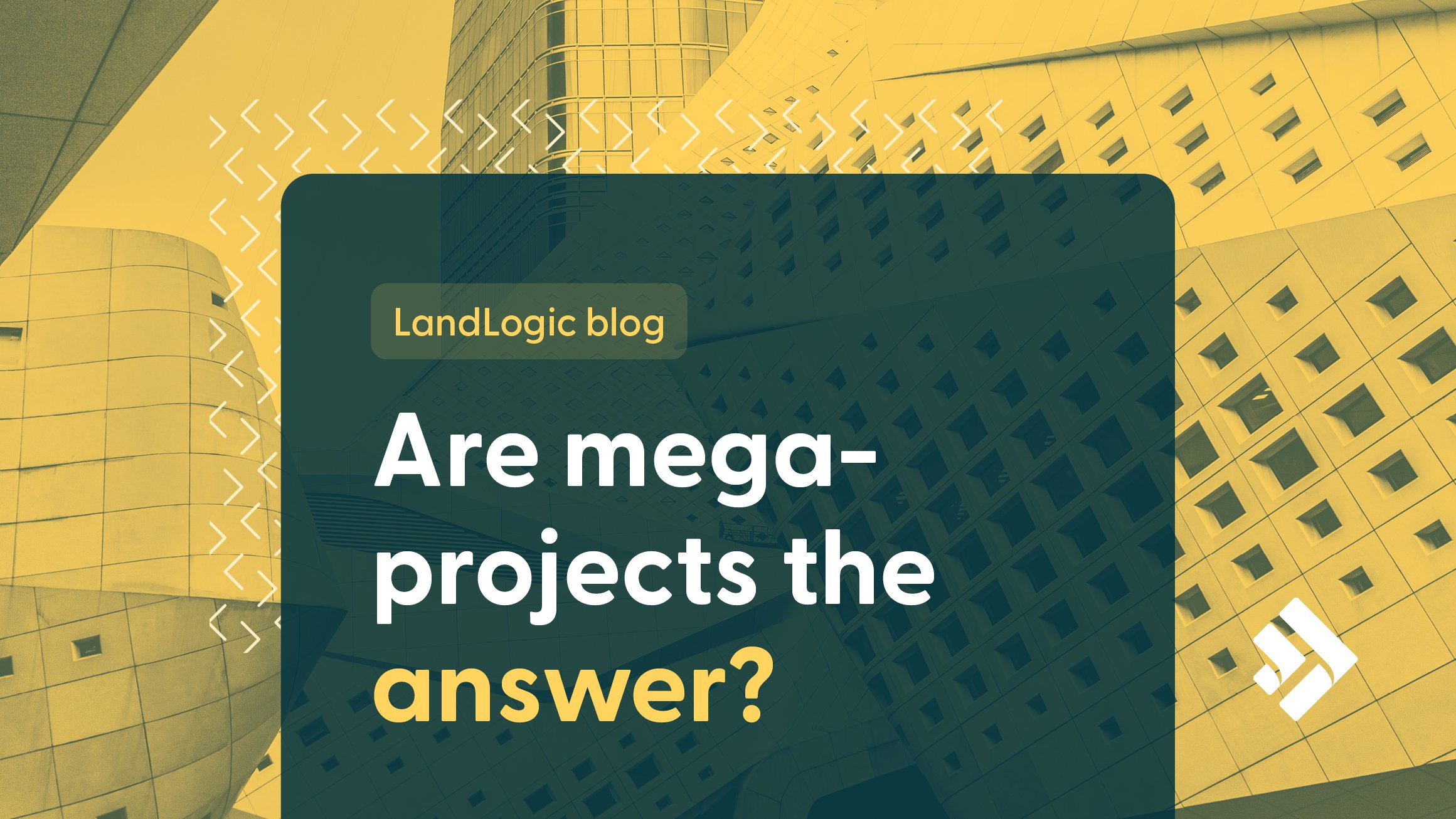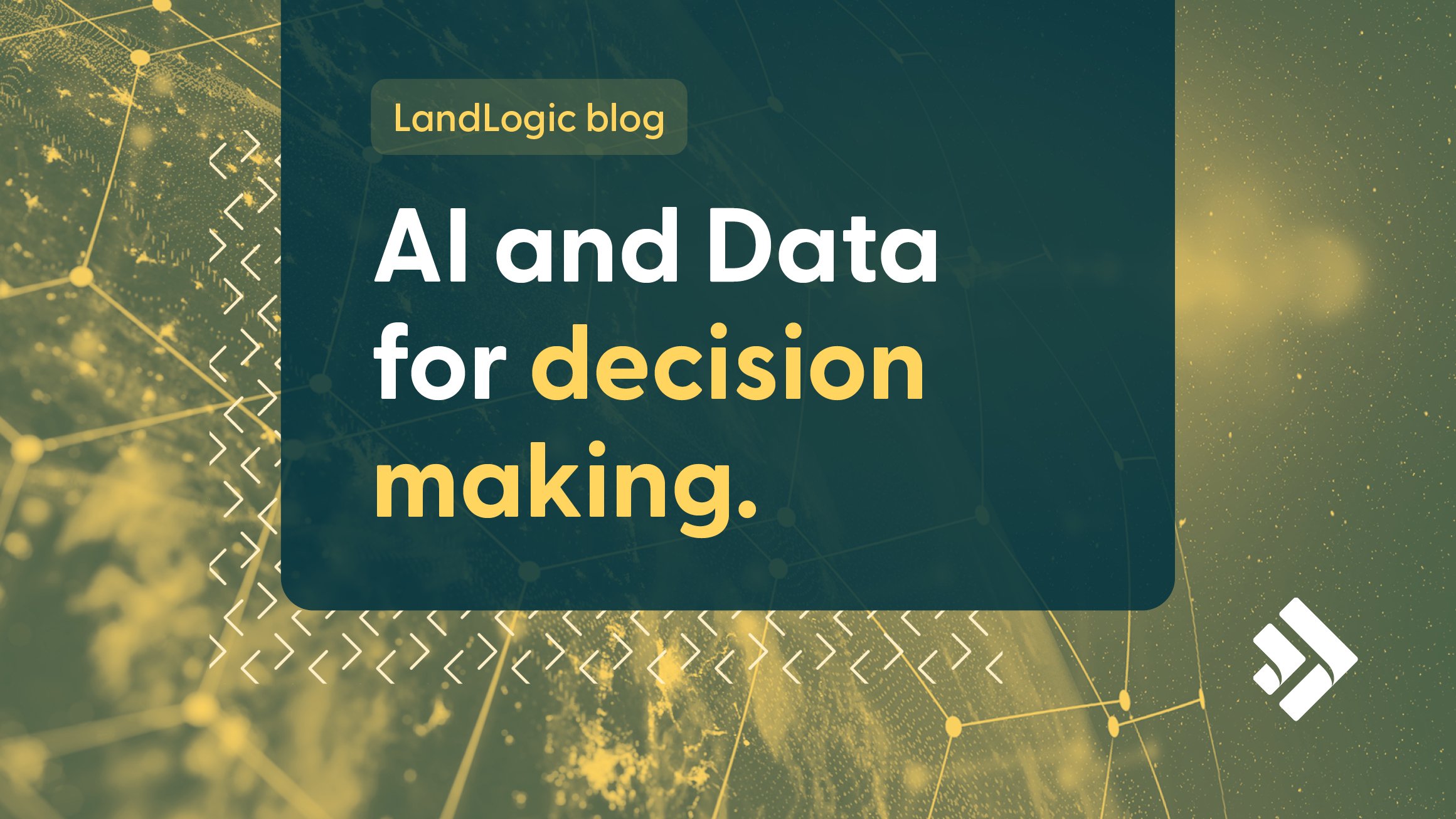AECO Innovation Lab introduces RESCON to LandLogic
Originally posted by AECO Innovation Lab for RESCON
At AECO Innovation Lab, we're proud of our contributions to One Ontario where we have worked with industry leaders like RESCON to promote the streamlining of development approval processes at a provincial level. Now incorporated as a non-profit, One Ontario will continue to push all levels of government to address challenges that builders and developers encounter when building our future communities.
We have learned a lot during the One Ontario project. One of our key takeaways is that the development community suffers from insufficient access to comprehensive land data in the preliminary stages of projects. This results in an incomplete understanding of land use constraints and possibilities until projects are well on their way. Developers sometimes face criticism from municipalities for submitting incomplete applications; often this issue stems from uncertainties about requirements and jurisdictional authority over properties. Unfortunately, a lack of clear, accessible data impedes developers' objectives and delays municipal application processing.
Our findings indicate a prevalent ambiguity around jurisdictional authority on any given property. This lack of clarity, coupled with the challenge of navigating municipal, regional, and provincial regulations, contributes to significant delays. A thorough understanding of land use constraints, including zoning, environmental restrictions, and heritage designations, is vital for optimal property utilization and identifying feasible development opportunities.
To tackle these challenges, AECO Innovation Lab is developing a comprehensive, queryable, geospatial platform to better inform due diligence decisions. The goal is to reduce property blind spots by integrating zoning rules, official plans, jurisdictional boundaries, historical context, and environmental constraints. Our objective is to facilitate informed development decisions, and help the building community reduce delays, decrease costs, and maximize the value of development investments.
Our core objectives:
Jurisdictional Clarity: The database delineates jurisdictional boundaries clearly, offering immediate clarity on governing authorities for specific land parcels. More
Streamlined Decision-Making: Access to relevant and integrated data allows for informed decisions to be made swiftly, reducing preliminary research and consultation times.
Predictive Analysis for Planning and Risk Management: Utilizing predictive analytics, the database can inform users about regulatory changes, market trends, and environmental considerations, aiding in strategic planning and risk mitigation.
A Better Understanding of Land Use Constraints: By providing detailed insights into land use constraints, the system will help in assessing the feasibility of various development scenarios, guiding developers towards realizing the highest and best use of their selected property.
This initiative aims to eliminate data silos and provide the information necessary to make good business decisions, starting at project inception, and allowing more streamlined project timelines.
Following in the footsteps of other research initiatives, including One Ontario and the digitization of the Ontario Building Code (now Trax.io), we are excited to introduce LandLogic.
The AECO team has been incubating LandLogic over the past year, and the platform is now ready for beta testing. We would like to invite the RESCON community to engage with us and provide valuable feedback to ensure LandLogic adds significant value to property assessment and land development processes. Interested parties are encouraged to contact us at info@landlogic.ai for beta testing opportunities.
By harnessing comprehensive data, we want to offer residential builders a more effective approach to land development. With your help and feedback, we aim to support you and your processes as you continue your work to address the housing crisis.




















